Wild Basil, or Clinopodium vulgare is a perennial plant with an olive green stem, which reaches a height of 6.5 to 14" (15 to 40 cm).
Leaves of the wild basil resemble those of boxwood, but are larger. They are opposite, oval and rounded at the top. They reach a length of 1 - 2.5" (2-6 cm), 0.5 - 1.5" (1-3 cm) wide and are covered with silvery soft lint. The color of the herb is a circle of cells that resemble the footprint of a cat. The flowers are purple-red to purple raised in the bosom of the outer leaves. It blooms in June-September.
Composition of wild basil
Wild basil contains vitamin C, dicarboxylic acids and phenols, triterpenes, flavonoids, fluorine and other substances which are not currently understood.
Collection and storage of wild basil
The herb is collected during flowering - June to September month. Cut stems 8-10" (20-25 cm) in length. These are made into bunches of 20-50 pieces and dried in the shade in well-ventilated areas.
The dried herb is stored in a dry place. Before use, the herb should be cut into small pieces, to be crushed in a mortar or coffee grinder.
Benefits of Clinopodium
Clinopodium contains a substance with very good emollient, stimulates regenerative processes in the body, increases resistance and favourably affects the circulatory system.
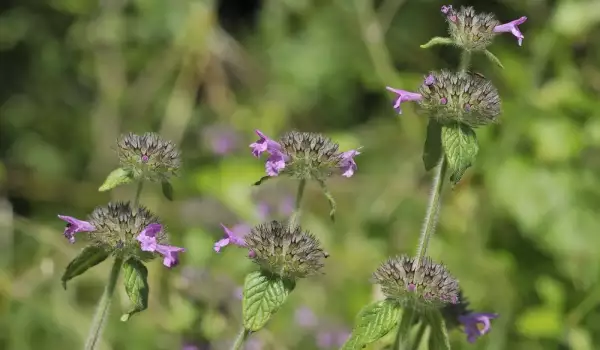
Clinopodium is used in gynaecological diseases, mastopathy and breast cancer, myoma of the uterus, kidney stones, skin diseases, gastritis, diabetes, dandruff, bedwetting in children, warts and moles. The herb clears arterial plaque and is recommended for high blood pressure.
Recently, more and more often talked about is wild basil. In 2008 Professor Hilarion Ianchev said that in the near future, cancer will be completely curable disease. Special substance is found in wild basil by which cancer cells disappear and the healthy tissues in the body are unaffected.
After many attempts, he created an extract, which in a highly concentrated form degraded tumors to such a great extent that only a wound remained. Studies are carried out on animals. A number of institutions have condemned the statement of the professor that it can fight cancer, but he is convinced that this herb will help to combat the insidious disease.
Traditional Medicine and wild basil
To prepare a decoction of the wild basil is needed 1 tablespoon the herb which is put in 2 cups (500 ml) of water and allowed to stand for 2 hours. Drink 3 times daily, 15 minutes before the meal, about 2/3 cup (150 ml).
Infusion for 1 tablespoon Clinopodium is poured in 1 2/3 cups (400 ml) boiling water and left to stand for 30 minutes under a lid. Drink three times a day before meals, as this is the dose for one day.
To make a tincture, 1 tablespoon of the herb is placed in 1 cup (250 ml) of boiling water and boiled for about 5 minutes. Leave for half an hour. The dosage is 2-3 tablespoons 4 times per day.
For inflammation of the prostate, 10 colors of wild basil are boiled in 2 cups (500 ml) of water for 5-10 minutes. Then strain the decoction and drink during the day, instead of water.
Dangers of Clinopodium
Wild basil should not be used by people with heart problems, pregnant women, nursing mothers and children under 8 years of age. Before you start taking Clinopodium, consult a doctor to avoid possible complications.
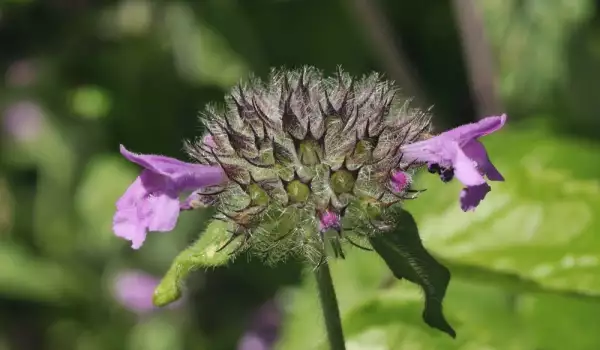
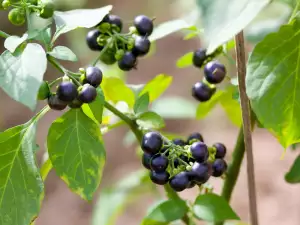
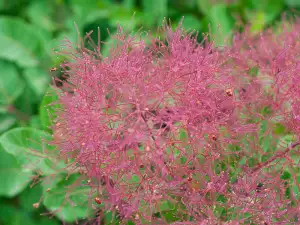


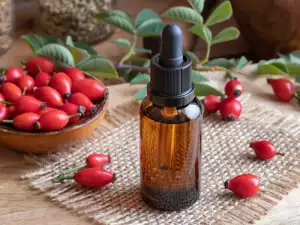

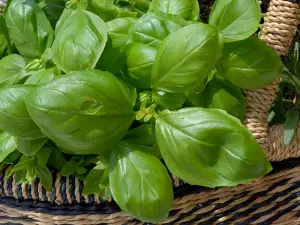

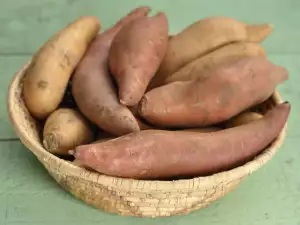
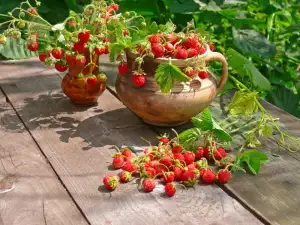

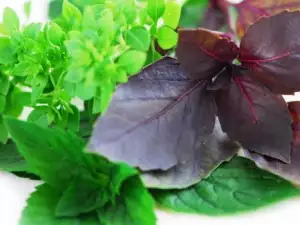
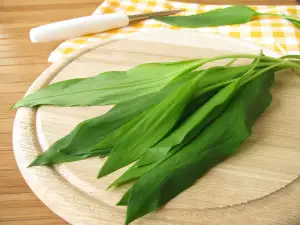





Comments